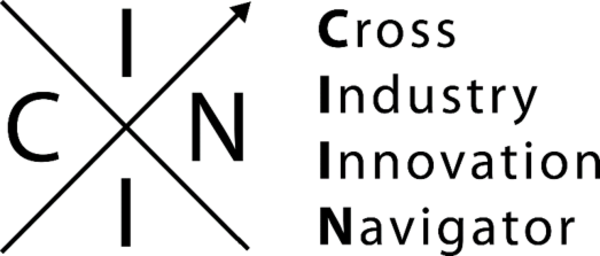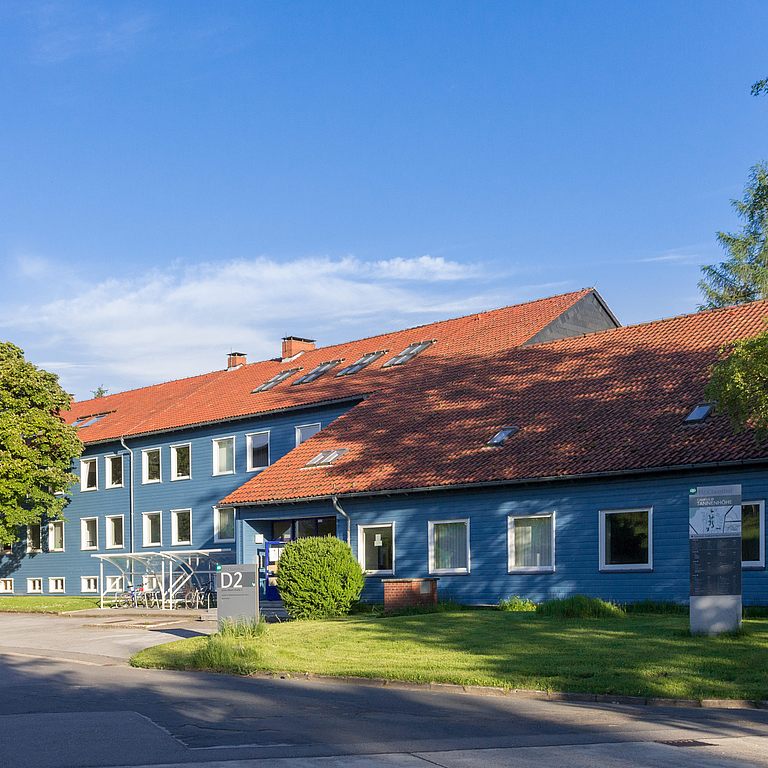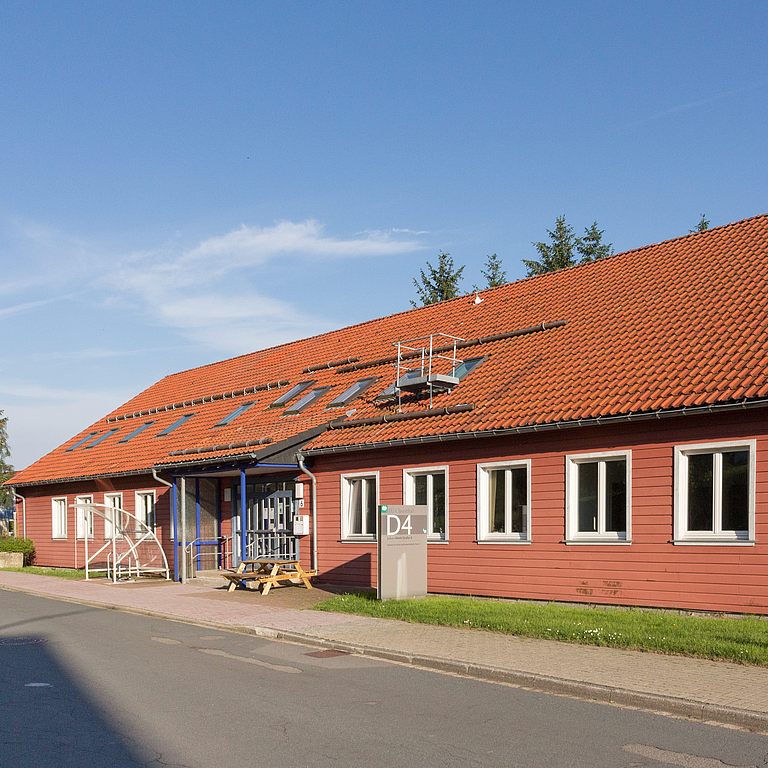Research projects

E-Scooter Sharing: A cross-institutional project of TU Clausthal
The goal of this project involving various institutes is to place the e-scooter in the center of teaching and research and to use it as an item to display and experience. This enables students and doctorands to scrutinize concrete questions supported by a real object.
(Andrea Lutsch, Graduate Industrial Engineer)

Business models as reflected in the blockchain technology
The blockchain technology is pioneering and powerful, but how can it be systematically made available for companies? What adaptions or changes to existing business models are necessary in order to integrate this technology and provide companies with competitive advantages? The objective of this research project is to answer these questions among others and to develop systematic steps for companies looking to use the blockchain technology.
(Lars Heim, M.Sc.)

Social capital as success factor for start-ups
A major part of newly founded companies does not persist two years after the foundation. In many cases this is due to bad management decisions or the founders’ lack of competence which then lead to disbanding of the founder team or bankruptcy of the company. Therefore, this project uses a competence-based approach to analyze the founding success and possible substitutions for these skills in the founding network. (Jens Hilgedieck, M. Sc.)

Systematic identification of cross-industry innovation potential
The systematic five-phase process model, Cross-Industry Innovation Navigator, enables companies to identify cross-industry innovation potential by evaluating core competences already present in the company, and to develop specific action strategies for the identified industries. The model is carried out and validated in cooperation with various partners from the industry. (Dipl.-Wirtschaftsing. Andrea Lutsch)

Transfer in academic continuing education
Academic continuing education is one of the core tasks of higher education institutions, yet it is still of little importance at German colleges and universities. According to surveys on continuing education behaviour in Germany, the continuing education rate is consistently high. However, the transfer of what has been learned into practice is viewed with restraint by the participants. There are no individual studies that relate specifically to continuing education behaviour in academic continuing education. So far, there are few studies that deal with the measurement and operationalization of the transfer of the continuing education format into practice. The aim of the research project is to develop a transfer model on the basis of which it can be determined whether a) a transfer has taken place and b) what type of transfer has taken place. At the same time, factors that influence the transfer process are to be identified in order to be able to derive recommendations for action for successful transfer management.(Anna Unterluggauer, M.Sc.)

Artificial intelligence as a potential for companies
The technological possibilities of artificial intelligence represent one of the greatest challenges and opportunities for companies in the 21st century. The research project therefore deals with the influences of these machines on companies, their business models and the arising design potentials.(Philipp Rimpp, M.Sc)
![[Translate to English:] [Translate to English:]](/fileadmin/_processed_/a/6/csm_Frohe_Weihnachten._und_ein_gutes_neues_Jahr_85a4bc8b6f.png)

